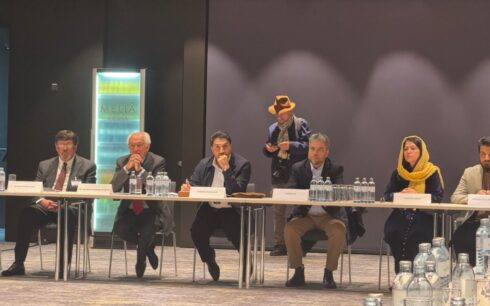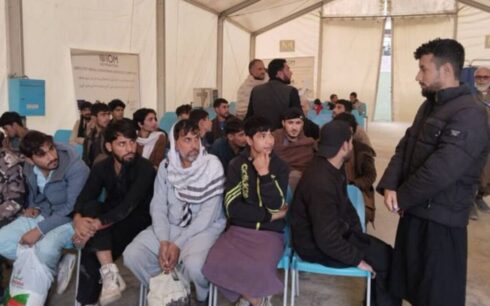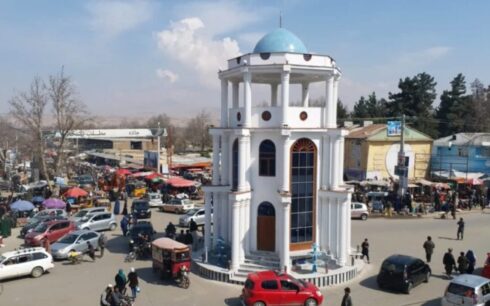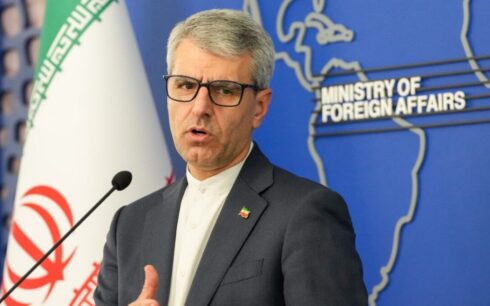Rina Amiri, the US special representative for women and human rights in Afghanistan, emphasized at the Doha Forum that merely allowing education for women and girls does not constitute the basis for recognizing the Taliban.
Speaking during a segment dedicated to addressing challenges in women and girls’ education in Afghanistan, Amiri clarified, “We use the term normalization, not recognition, and it’s not simply a check-off of giving girls an education for recognition; this is a process in which we are coordinating with the rest of the international community, and there is much to be done for the Taliban to get that type of normalization that they seek.”
Amiri underscored the need for the Taliban to engage in conversations with Afghan women and men inside and outside the country regarding their demands for education and other rights. She expressed disappointment in the Taliban’s reluctance to have such discussions, stating, “Consistently what we’ve observed from the Taliban is that they are unwilling to have this conversation.”
Rangina Hamidi, former Minister of Education of Afghanistan, suggested schools and mosques as potential partners for educational alternatives and emphasized the importance of changing mindsets to foster collaboration between different educational systems.
“In this meeting, online training, underground guilds, and traditional methods are also discussed,” she added.
Roya Mahboub, leader of the Afghan robot-making girls group, highlighted the need to create safer environments for women’s education, emphasizing the acceptance of women-led spaces in certain parts of Afghanistan.
Addressing the crisis of education for women and girls in Afghanistan, Ghulam Omar Qargha, a fellow at the Brookings Institute, stressed the importance of dialogue and pressure on the Taliban, linking the history of education in Afghanistan with conflict.
“History of schooling and education in Afghanistan is intimately tied with conflict. We cannot speak of education without addressing the issue of conflict,” he said.
Since the Taliban assumed power in August 2021, women have faced stringent restrictions, especially on education and work. Despite women’s protests, community pressures, and talks, the Taliban has yet to retract these restrictions.





